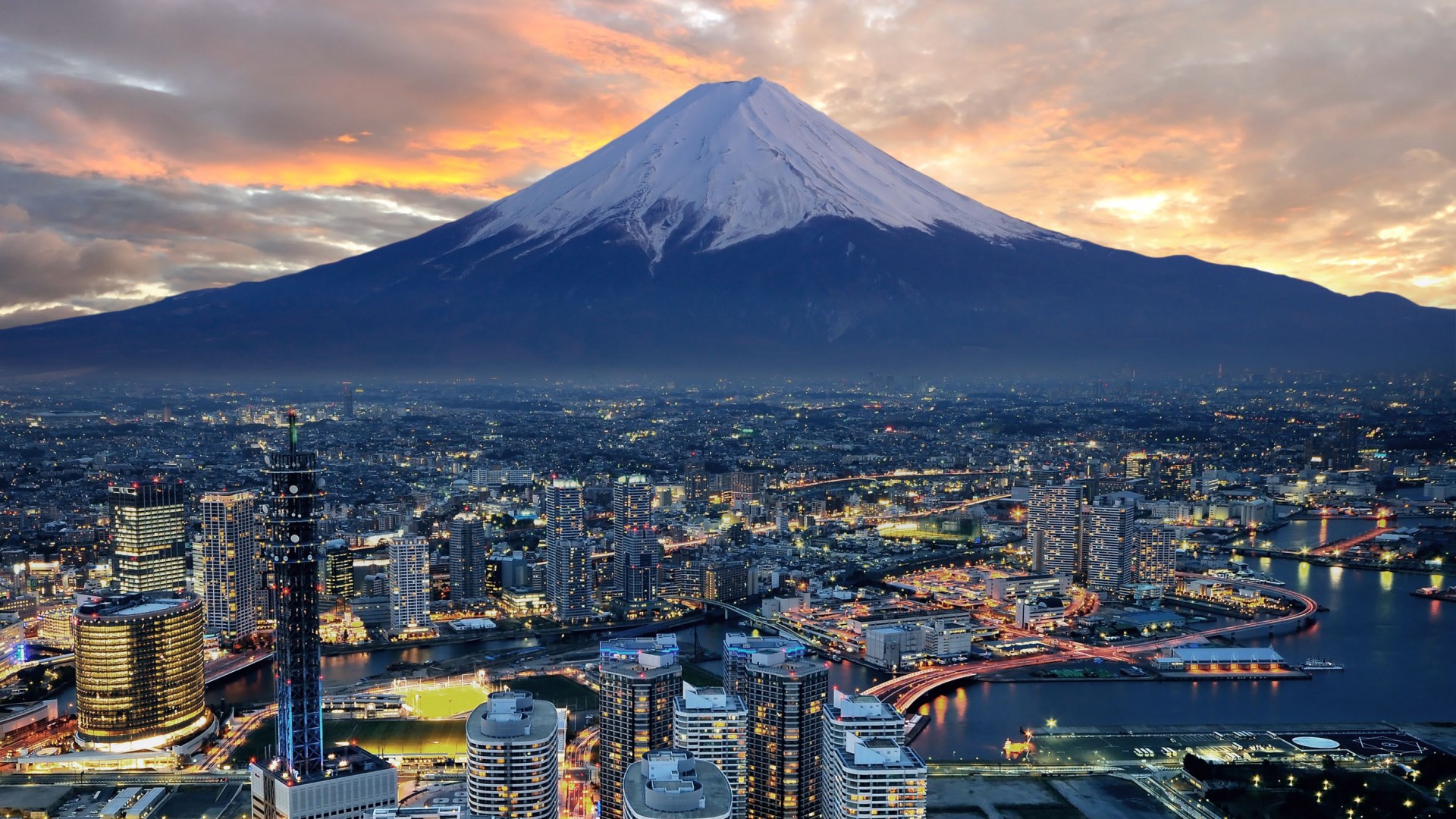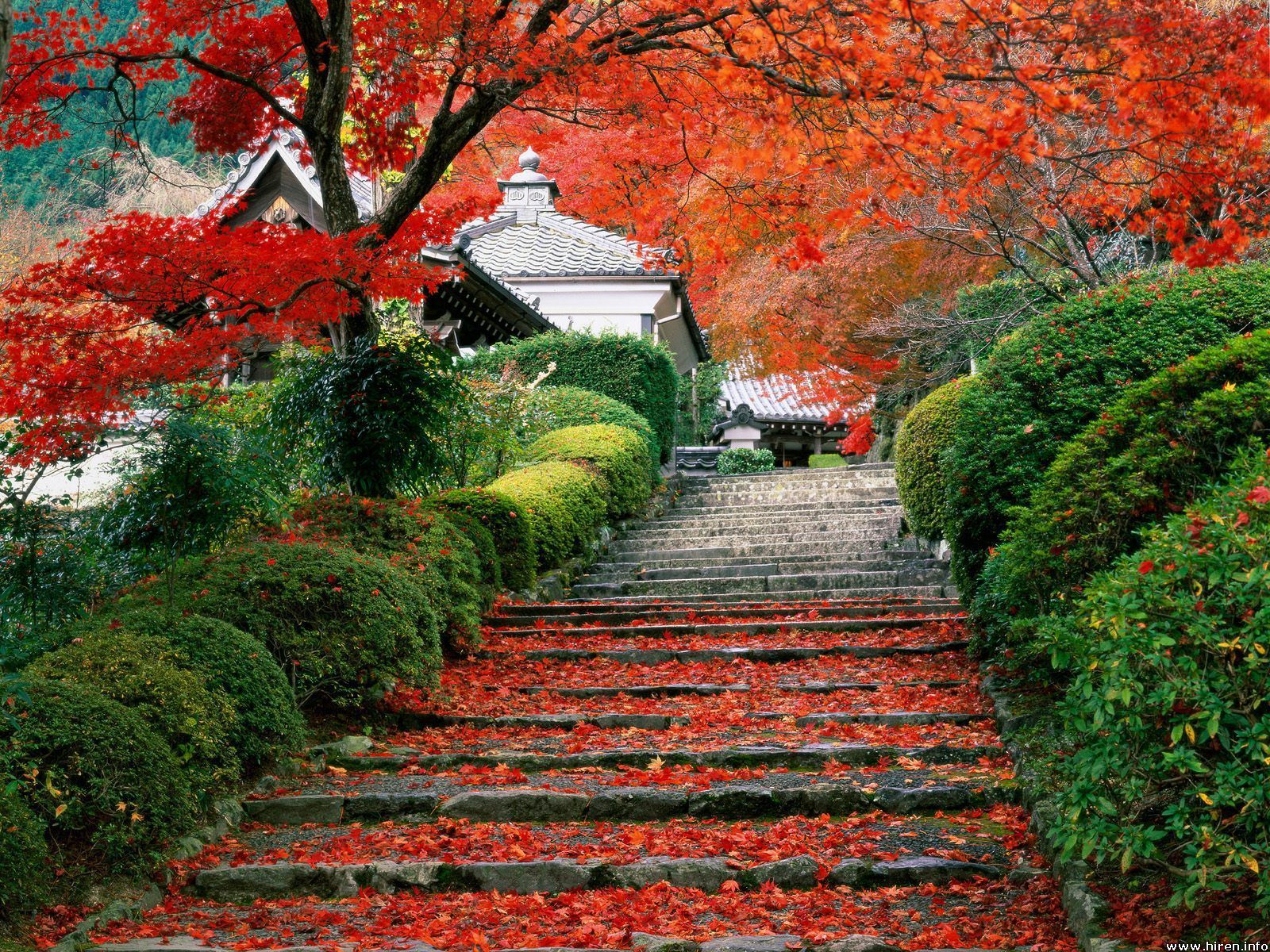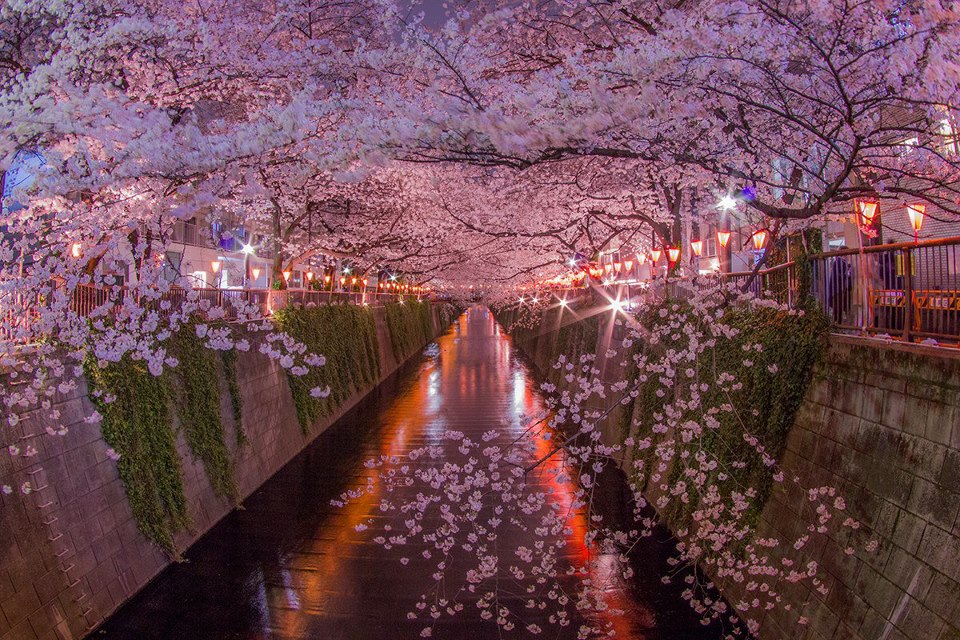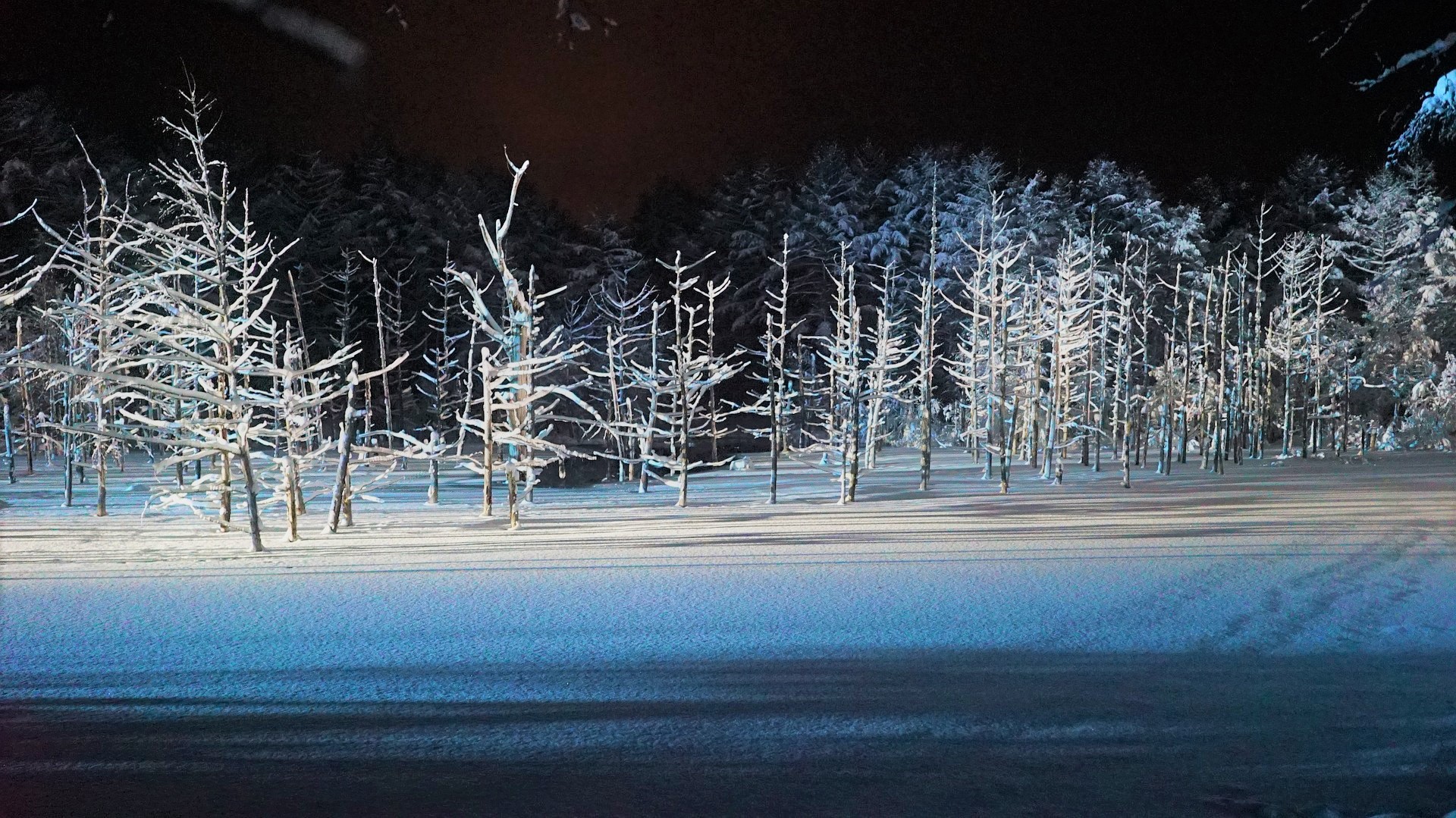Golden Week of Japan
Golden Week of Japan–A time for celebration!
By Megha Batra
May is a pleasant season to travel in Japan. A celebration of four national holidays within a week in Japan termed as Golden Week of Japan adds more value to tourism there. The Golden Week is famous as one of Japan’s three busiest and longest holiday seasons, besides New Year and the Obon week.
A number of businesses are generally closed for about a week to 10 days, depending on the calendar. The country is overcrowded with people from all over the world during the Golden Week. Advance booking for accommodation in the tourist areas is done much before the Golden Week. There are also some other minor festivals in the same month.
The four national holidays combined as the Golden Week are Showa Day (Showa no hi), Constitution Day, Green Day (Midori no hi) and Children’s Day (Kodomo no hi). Showa Day on April 29 is the birthday of former Emperor Showa, who died in the year 1989.
Constitution Day on May 3 is the day when the new post war constitution was put into effect in 1947. Green Day on May 4 is celebrated as a day to show appreciation for nature. Children’s Day on May 5th is celebrated as a day to pray for the healthy growth of children. It is also called tangono-sekku. It is Japanese boy’s festival and is traditionally the day to celebrate and pray for the health of boys.
A law was passed in 1948 declaring nine annual Japanese state holidays. Three out of those nine, that is, Emperor’s birthday, Constitution Memorial Day, and the Boy’s Festival fell within the same week one after another. These consecutive holidays of leisure activities increased revenue of the country significantly. Because of its positive effect on moving going revenue, the director of a film company dubbed the week as Golden Week of Japan.
Until 1988, 29 April was celebrated as Emperor’s Birthday. At that time, the Showa was the emperor. This holiday was renamed Greenery Day soon after the death of Showa. It became a custom for the Japanese citizens to enjoy this day and by visiting gardens and mountains. But on 2007, 29 April, it is again renamed as Showa Day in memory of the emperor. Greenery Day is now moved to 4 May.
On 3 May, the signing of the 1947 Constitution of Japan is widely celebrated as Constitution Memorial Day. It is the only time when the legislative government buildings are open to the public in the entire calendar year. People are supposed to use this day of the Golden Week to show significance and respect to the democratic ideals. Nowadays, a custom is established in Japan for the editorial professionals to print about the government subjects that are controversial. They day emphasizes on banning wars, promote human rights and the sovereignty and unity of the people. The Meiji Constitution was replaced by the new constitution.
The new one is based on the British and American constitutions. The Parliament too is open for the public visits and a lot of lectures and speeches are given about the patriotism nationality. The history of the Constitution during last 50 years is also discussed on this day. May 5 is celebrated as Boys’ Day or Children’s Day. The day is basically for the children of Japan who show gratitude to their mothers especially on this particular day. For each child, families hang colorful carp-shaped kites and banners. Samurai dolls are given to the boys that symbolize famous legendary heroes. A sweet called Kashiwamoshi is a traditional food on this day. A number of other special foods are cooked and eaten to enhance the wellbeing of the child and pray to God to shower his blessings on him. It is important here to specify girls have their day too, on March 3rd.
In the beginning of May, Hawaii, Los Angeles, San Francisco and Seattle become the center points for the Japanese tourists due to Golden Week. A number of families prefer to remain in Japan, but that too not ideally. During this special week, they travel to traditional inns, called Ryokan and seaside resorts.
One of the most significant times to visit Japan is the Golden Week. The nation is in full mood of carnival and it gives the tourist a chance to experience different customs and rituals of Japan. Due to these holidays, the travel pricing increases and the hotels are over crowded. A lot of sightseeing and amusement spots are packed crowded during this week. People must plan their desired destinations a year in advance to visit during these holidays; else there they won’t get reservations at those places.
Since Japan is among the most densely populated countries in the world, things can get quite messy and hectic during the Golden Week. Though a lot of Japanese take paid leaves on the intervening work days during the Golden Week, there are few companies that close down the whole week completely to break the hurdles in the celebration week and let their employees enjoy and have fun to the fullest.
This year, the weekends are placed in such a manner so as to create a holiday of give continuous holidays. It is expected that the traveling will be at its peak between May 2 and May 6. The weekends are set in a manner to arrange the Golden Week consisting of a 5-day weekend (i.e., from May 1 till May 5) in 2010. These holidays can be as long as 10 days in case the weekends come on the right time. Fireworks and mikoshi (special floats) along with the parades are seen everywhere at this time.






